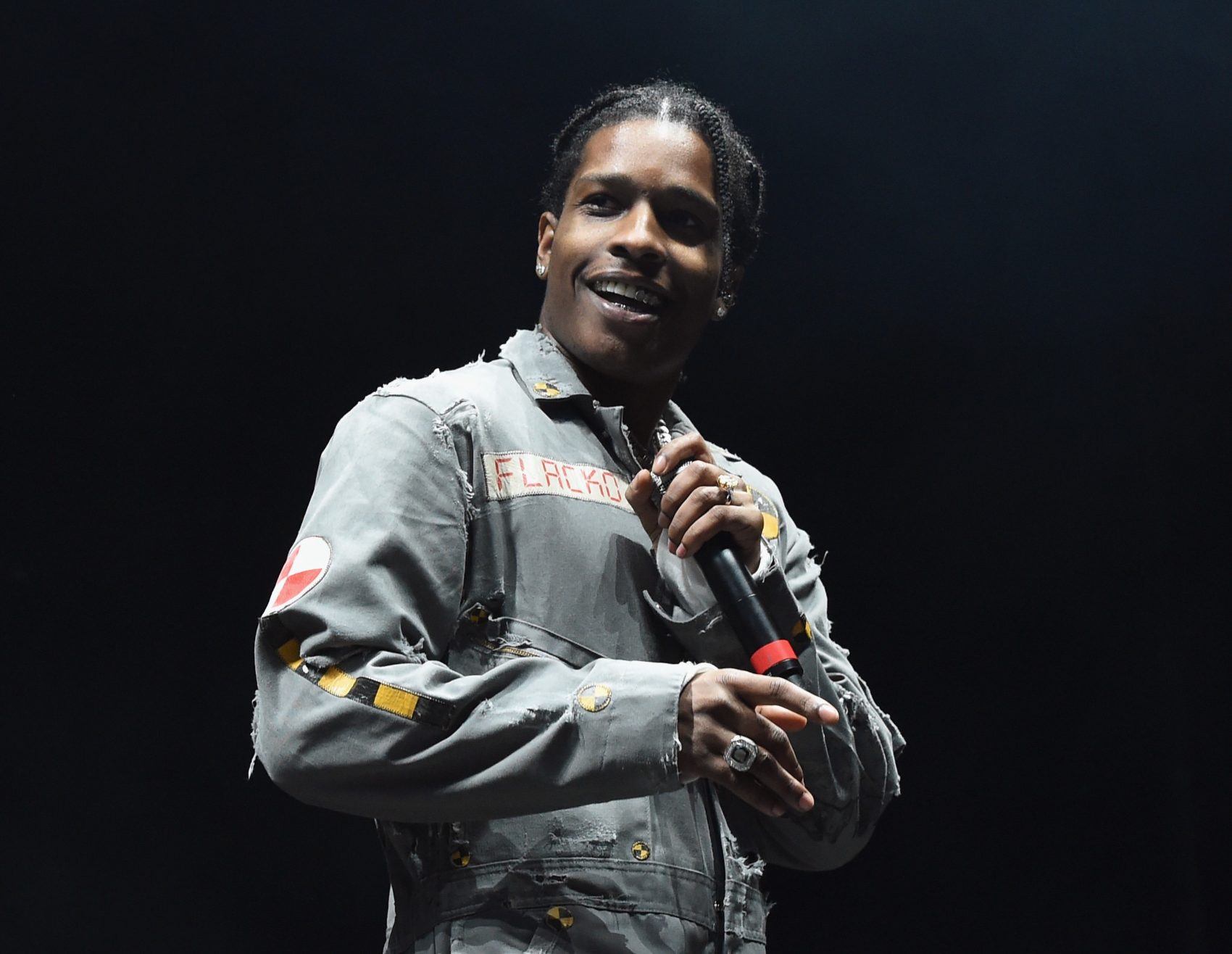To try to make sense of the president of the world’s top jailer chastising the leader of a famously humane country, the Daily Appeal talked to Björn Kjelsson, who has worked with Sweden’s Prison and Probation Service for over a decade. He has served as a corrections officer and as the head of one department of a maximum-security prison, and now he trains new officers.
“It was not strange that he would be held in remand during the investigation,” Kjelsson said, given that the charge was assault and he was considered a flight risk. In sentencing Rocky to a conditional discharge, the judges may have factored in the time that Rocky spent in custody. Kjelsson said, “it was not a lenient verdict,” nor was it particularly out of the ordinary. The general reaction to Trump’s intervention in Sweden, he said, was surprise. “We wondered, does he not know anything about our system?” People wanted to know if the call to the prime minister was “for publicity reasons, because our prime minister has nothing to do with sentencing in Sweden.” There is a clear separation between courts and the prime minister in Sweden, he told me. I noted this was no different in the U.S. “I know!” he said. “Which is why the call surprised me!”
As a staff instructor, Kjelsson teaches his department’s newest hires about rules and regulations but also about ethos. “We spend a lot of time talking about ethics and we problematize questions about behavior and background. A lot of the focus is about treating every prisoner the same.” This can pose a problem with people who are incarcerated who do not have Swedish citizenship, he said, and “we need to make sure that the people who don’t speak Swedish get the same treatment as the ones who speak Swedish. It’s so much easier to connect or make small talk” when you share the same language, he noted.
“My main focus, our main focus,” he said, “is trying to make sure that our students, who are our newest employees, have a humane attitude, that they believe in the humanity of the prisoners, and the possibility of change no matter what background you have.” That includes “learning difficulties, nationalities, past abuse.” Does the crime matter? “It doesn’t matter at all what you’re incarcerated for,” he said. After his first year as a corrections officer, he said, “I wasn’t interested in finding out what a prisoner was incarcerated for because that shouldn’t affect my behavior or that person’s chance to change. My views shouldn’t affect the treatment that this guy gets.”
Having visited the maximum-security prison department in Sweden where Kjelsson was in charge, I can attest that these principles inform their practice. I witnessed a calm, respectful, supportive, creative, and sensitive environment that, at least in tone, had more in common with American universities than American prisons.



